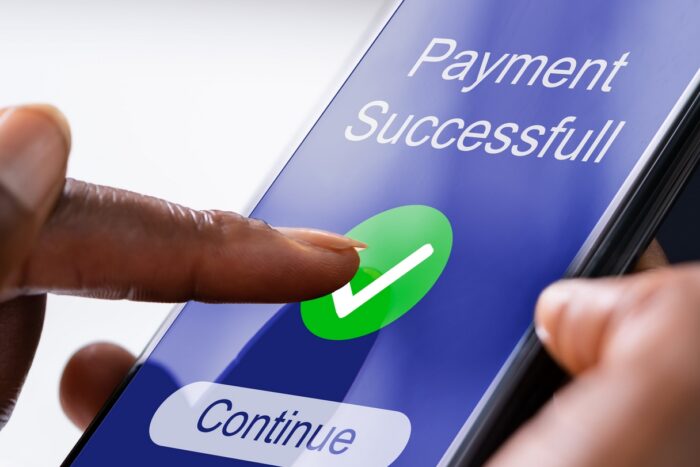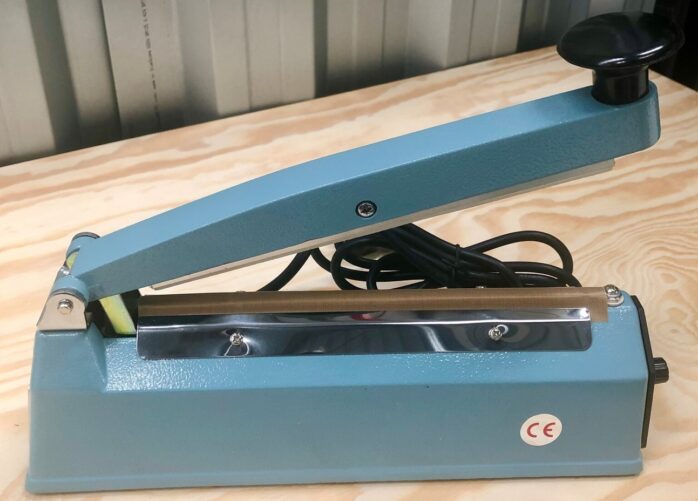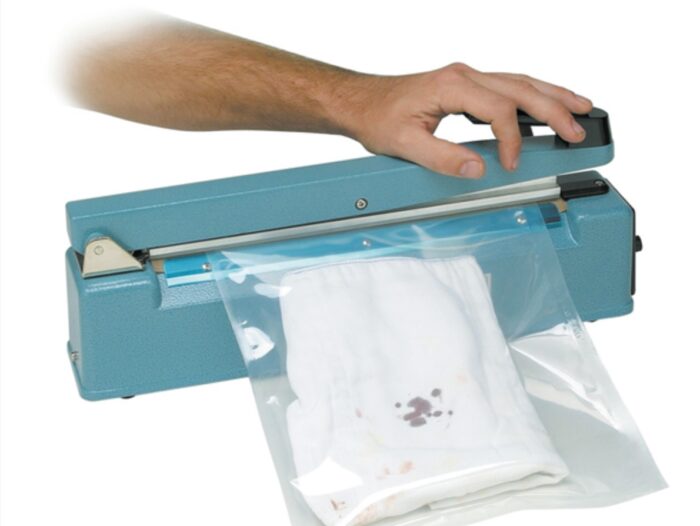Accepting electronic rent payments from your tenants comes with many benefits, but there are some potential drawbacks to keep in mind. There are also several best practices to follow to ensure your payment process is easy and that you stay in alignment with landlord-tenant laws.
What are electronic rent payments?
Put simply, an electronic rent payment is a method for collecting rent from your tenants that happens electronically, without a physical check or money order. The money is deposited into one of your accounts electronically, whether it’s your bank account or another type of electronic funds account. Typically, tenants will make an electronic rent payment with a credit or debit card or initiate a direct transfer from their bank account via bill pay.

The benefits of accepting electronic rent payments
When you accept electronic rent payments, it benefits you and your tenants in the following ways:
- Your tax paperwork is automatically generated based on deposits
- Tenants can conveniently pay rent without leaving their home to mail a check
- Automated deductions can reduce the risk of late rent
- You’ll spend less time and effort collecting rent
- It’s more secure than sending checks in the mail
- Tenants can pay in several different ways
- Your funds will be available faster than traditional checks
Ultimately, when you accept online electronic rent payments from your tenants, you’ll be a more efficient landlord. It’s also one of the ways professional property managers run their business. For instance, Green Residential, a Houston property management company, has an online rent payment system that makes it easy and smooth to collect rent on behalf of their clients. This is just one reason why investors choose to work with a property manager instead of doing everything on their own.

The downside of accepting electronic rent payments
Although the benefits are big, there are some drawbacks to electronic rent payments that you need to know about before implementing this type of system for your tenants.
- Transaction fees, like credit card processing fees and other types of fees imposed by online accounts like PayPal or Payoneer. You can take the hit for these or pass them to your tenants, but if you charge your tenants, they may not want to pay the fee and will go back to traditional checks and money orders.
- Chargebacks. If your tenants pay rent with a credit card, there’s a chance they might initiate a chargeback and that will be an expensive headache for you.
- Technology can glitch. When your entire rent collection system depends on technology, if that system goes down or glitches, it can cause problems. There’s also a risk of being banned from your payment platform or having issues getting into your account.
- Cybersecurity concerns. All online payments come with a risk for cyberattacks and it’s crucial that you use services that implement end-to-end encryption to protect your tenants’ financial information.
- Not all tenants will be able to make electronic payments. Some tenants may not have internet and others might not have the ability to download a special app if the system can’t be used in a standard web browser. Technologically-challenged individuals will also have a tough time paying electronically.
- While electronic rent payments offer numerous advantages, it’s important to acknowledge that some tenants may still prefer traditional methods, such as checks, due to personal preferences or concerns about digital financial records. For these tenants, the tangible nature of a paper receipt provides a sense of security and familiarity. Understanding and accommodating these preferences can foster positive landlord-tenant relationships and enhance tenant satisfaction. Additionally, offering multiple payment options, including both electronic and traditional methods, demonstrates flexibility and attentiveness to tenants’ needs. By providing a range of payment choices, landlords can cater to diverse tenant preferences while ensuring efficient rent collection processes.
Although these challenges exist, many can be mitigated by providing an easy-to-use payment system that doesn’t have a steep learning curve. Your tenants should be able to figure out how to make a payment quickly the first time.

Give your tenants a choice
It’s also a good idea to still allow tenants to pay with a traditional check or money order, or even cash if that’s your arrangement. Giving tenants options will make them feel more comfortable. Eventually, some tenants might realize electronic payments are easier, but don’t force them into it right away.
Offering incentives for online payments can streamline your rental process and enhance tenant satisfaction. While some landlords opt for small discounts to incentivize online payments, others may choose to provide other perks or conveniences. Online payments not only simplify rent collection but also offer tenants greater flexibility and convenience, aligning with modern preferences for digital transactions. By embracing online payment options, landlords can foster positive tenant relationships and improve overall operational efficiency.
Always require confirmation for autopay
Last, but not least, get your tenants’ permission before enrolling them in autopay. Some systems will allow you to automatically deduct the rent from a tenant’s payment method on file, but make sure you always require the tenant to sign up for this intentionally and never set up autopay on behalf of your tenants.

Implementing electronic rent payments can significantly streamline your rental income process, ensuring timely and reliable payments from your tenants. By offering this convenient payment option, you not only reduce the hassle of collecting rent manually but also minimize the risk of late or missed payments. Additionally, electronic payments provide both landlords and tenants with a secure and transparent transaction method, eliminating the need for paper checks and reducing administrative overhead. Embracing electronic rent payments demonstrates your commitment to modernizing your rental operations while enhancing tenant satisfaction and landlord-tenant relationships.



















































